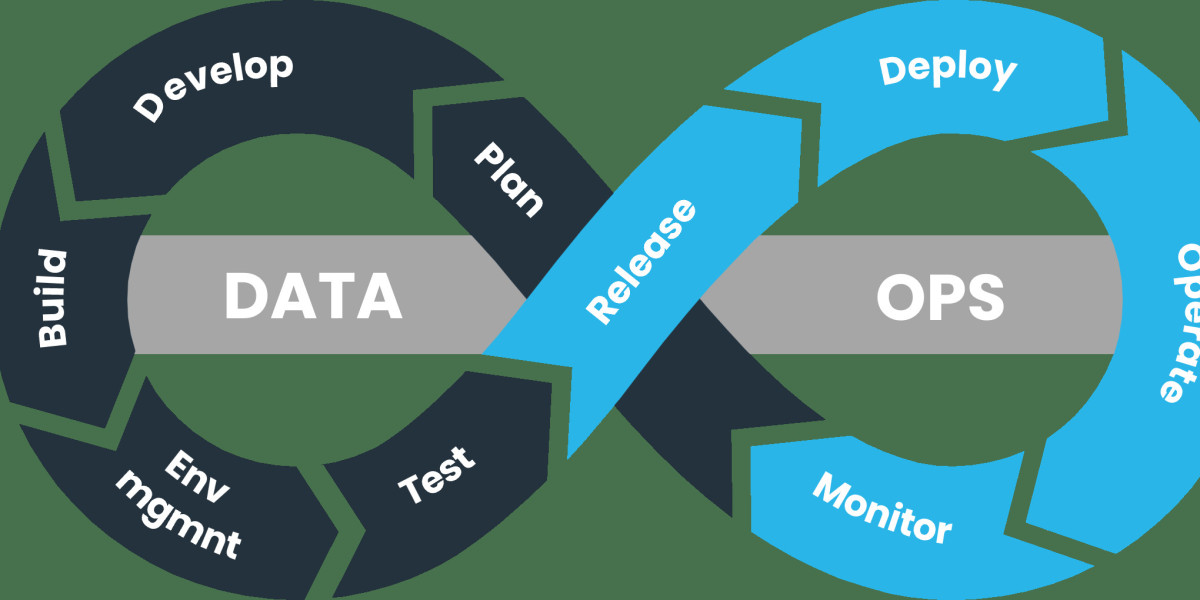As organizations deepen their reliance on data, any forward-looking DataOps Platform Market prediction points to a future defined by increased intelligence, accessibility, and integration. The next wave of innovation in this space will be heavily influenced by the rise of artificial intelligence, particularly generative AI. It is predicted that future DataOps platforms will leverage generative AI to automate some of the most complex and time-consuming tasks in the data lifecycle. This could include automatically generating data pipeline code from natural language prompts, creating synthetic data for testing purposes, or proactively identifying and resolving data quality issues before they impact downstream analytics. This infusion of AI will not replace data professionals but will augment their capabilities, freeing them up to focus on higher-level strategic challenges and further accelerating the data-to-insight lifecycle.
Another key prediction centers on the concept of the "self-service" data mesh. The current model, where a central data team serves the needs of the entire organization, often creates bottlenecks. The future trend is towards a more decentralized approach, where individual business domains (e.g., marketing, finance, sales) are empowered to own and manage their own data products. DataOps platforms will be crucial in enabling this transition by providing a federated governance framework and a standardized set of tools that allow domain teams to build, deploy, and monitor their own data pipelines safely and efficiently. This "democratization" of data operations will make organizations far more agile and scalable, allowing insights to be generated at the edges of the business, where they are most needed.
Finally, the market is predicted to see a greater convergence of DataOps, MLOps (Machine Learning Operations), and FinOps (Cloud Financial Management). As data, machine learning models, and cloud infrastructure become more tightly intertwined, there is a growing need for a unified platform that can manage all three domains holistically. Future DataOps platforms will likely expand their capabilities to include more robust features for managing the entire lifecycle of ML models and for optimizing the cloud costs associated with data processing and storage. This convergence will lead to the emergence of comprehensive "Decision Intelligence Platforms" that provide a single pane of glass for orchestrating all the components required to turn raw data into automated, intelligent business actions, solidifying the platform's role as the central nervous system of the modern data-driven enterprise.








